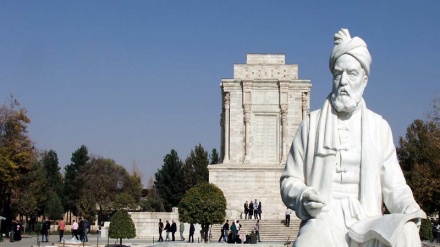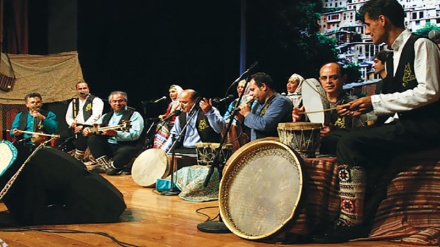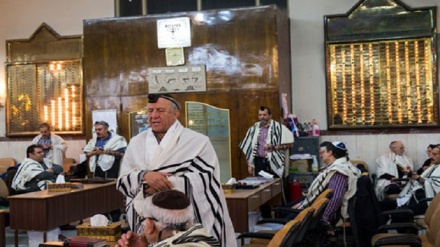Iran, land of various ethnicities (18)
This time we are going to briefly dwell upon the status of mother in the Iranian literature.
Literature, both written and verbal, is the mirror reflecting the beliefs, values, behaviors, aspirations, hopes and ideals. Just as the words, behaviors and thoughts indicate the character of an individual, the beliefs, values and behaviors of a people show their public culture.
The culture and literature of every community comprises official culture and literature on one hand and folkloric culture and literature on the other hand. Today, studying these very concepts, parables, fables, songs and so on, we can find out the mindset and outlook of our ancestors. As a matter of fact, it is the inner voice of every nation that mirrors their spirit and thought. It seems that the laymen didn’t need pompous words and logical consequence of ideas to convey their thoughts and attitudes. They would rather express their takings with the easiest and simplest words and metaphors that flashed in their mind. The Iranian literature is replete with words, phrases and poems on the status of women and praising them. Sa’adi Shirazi is a poet who believes in the lofty position of woman and glorifies it. He says,
A good, obedient and chaste woman
Makes a king out of a poor man
Parvin E’tesami, the renowned poetess of the 20th century, also attaches high significance to the role and status of woman especially in bringing up men and helping men succeed. One of her poems reads,
In no text or prelude is it written
“Perfect is man, imperfect woman”
On woman is founded the creation
Building home with no base? Who can?
In mother’s lap the child slept so much
So that by the sage he became Luqman
A champion, a traveler, an ascetic or a jurist
All have been fostered and trained by a woman
O sage! Do y’ know the duty of woman and man?
The first is the ship while the latter a captain
Clearly, verbal literature is a major part of the folklore of every community. Parables and adages are very common and popular in the folkloric literature of Iran. They are the outcome of the past generations’ minds and are considered as valid documents; for, they usually contain lofty concepts and teachings. That’s why the parables, adages, maxims and proverbs are considered as the essence of the merits and characteristics of a nation or ethnicity.
Since old times, woman has been sanctified or worshipped in the shape of tree, stone, mountain and the moon. In many of the religious and literary works of other nations the cities and temples are female since they keep humans like a container. Woman used to symbolize sacredness and chastity. The moon, the earth, water, jungle, and anything that is attractive, captivating, awe-inspiring and praiseworthy would symbolize the Great Mother of the universe. The symbolic pictures and designs of this Great Mother was manifested and made in the form of goddesses, fairies, Houris and so on whether kind or unkind. The motherly greatness, affection and emotions are manifestly described in the Iranian literature. Parvin E’tesami has a beautiful poem on the status of mother. Two lines of her poem read:
No duty is as sweet as motherly effort
No chapter have I seen more blessed
We conclude this episode with two lines composed by the contemporary poet, Mohammad Ali Ansari:
What do you enquire on the divine paradise?
Know that beneath mother’s feet is the paradise
RM/ME


